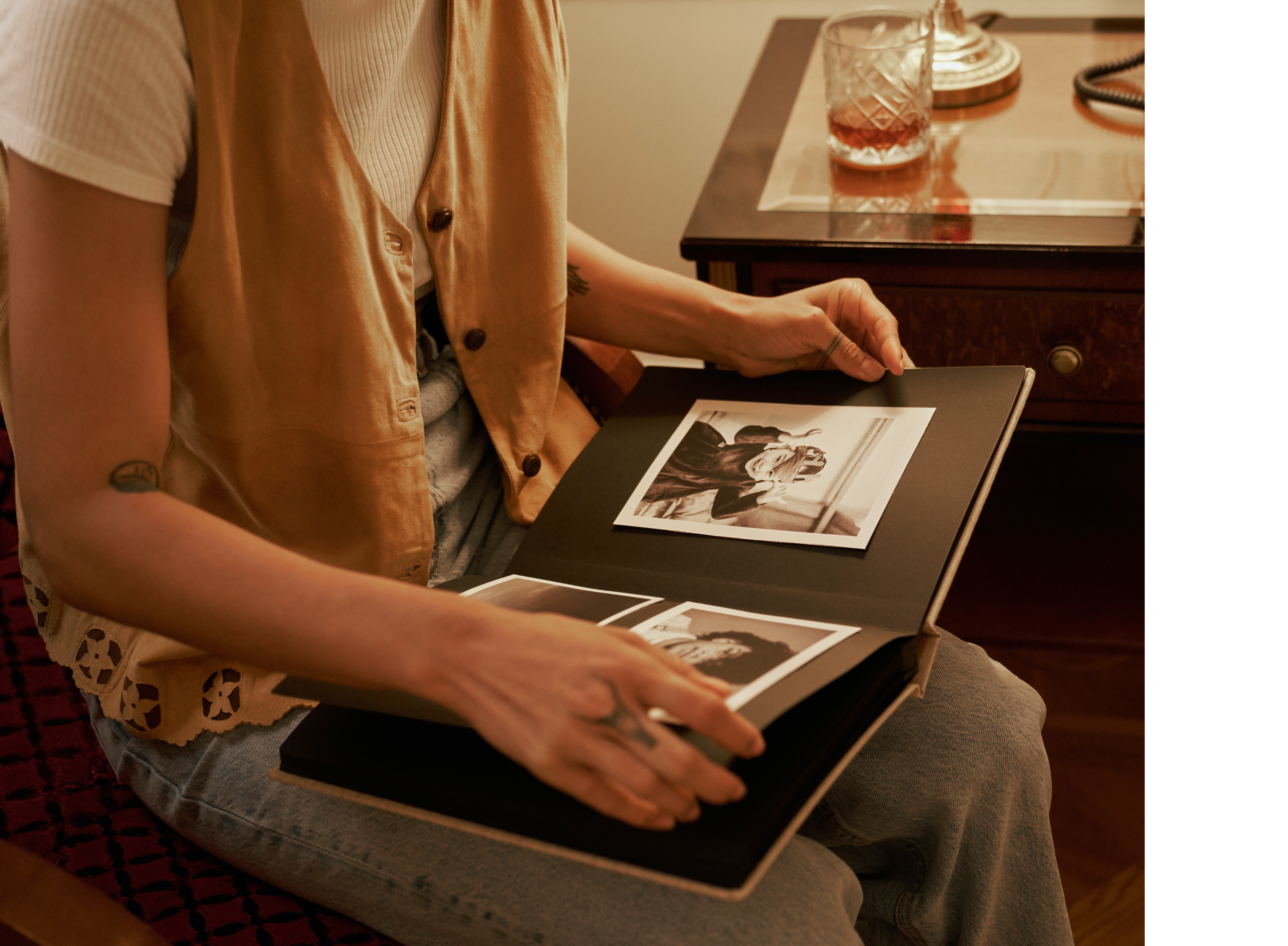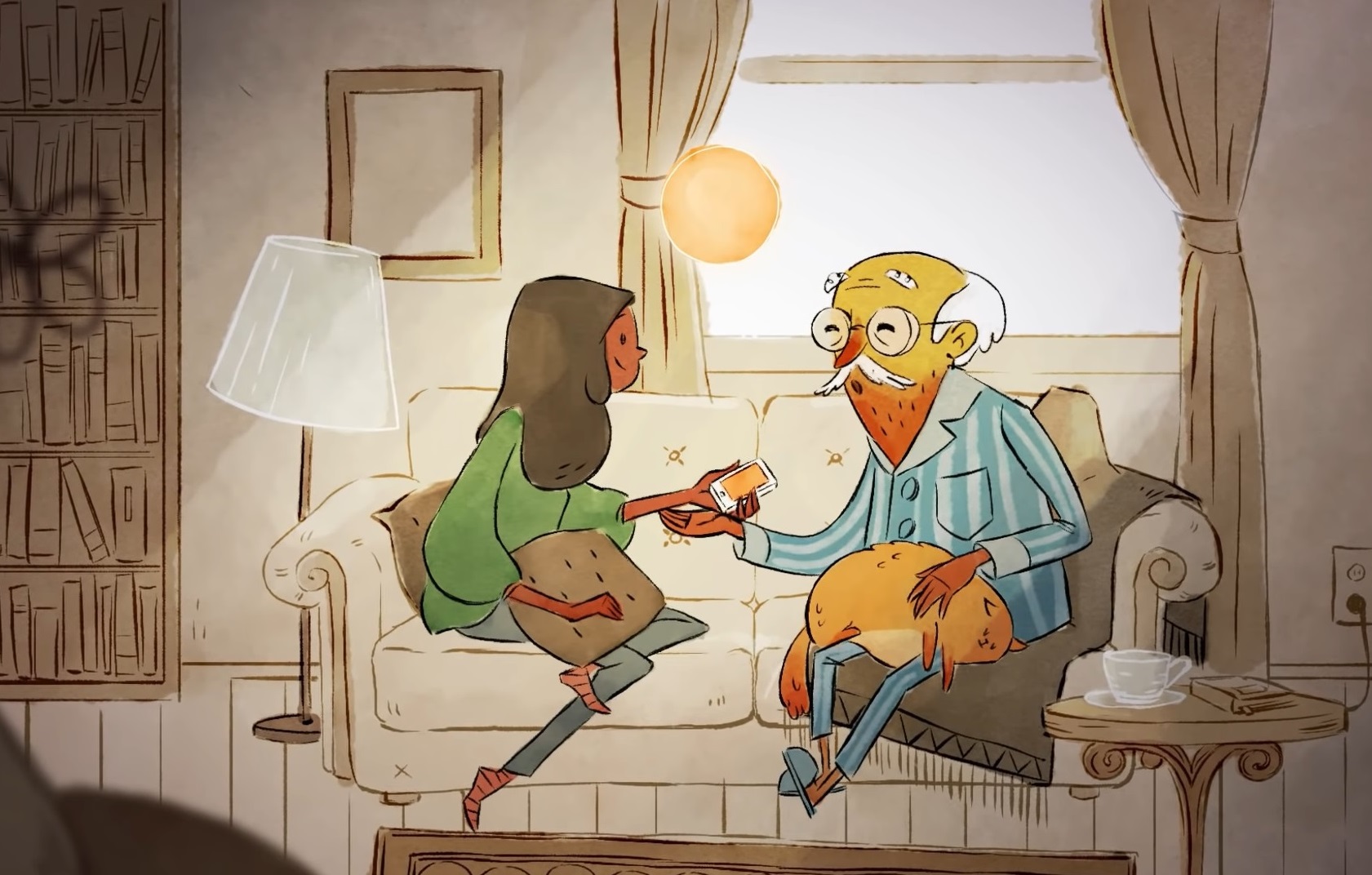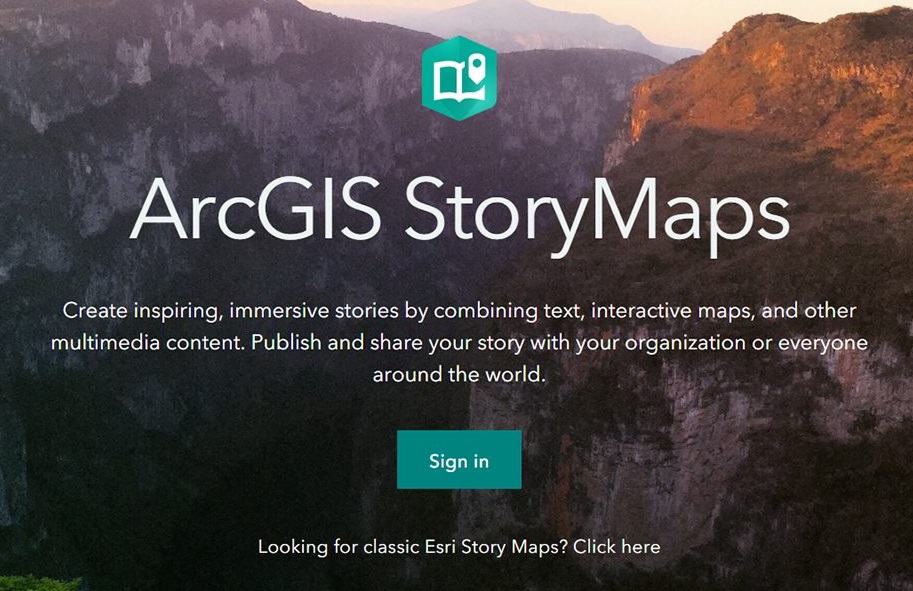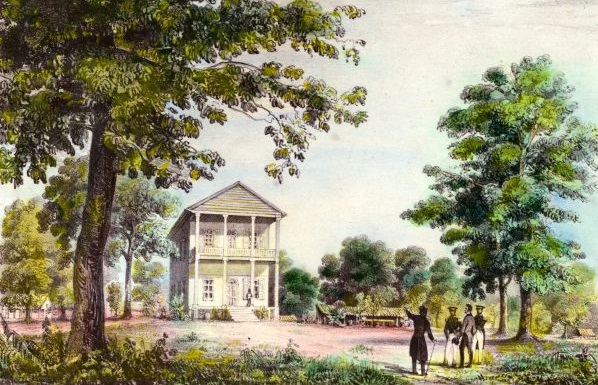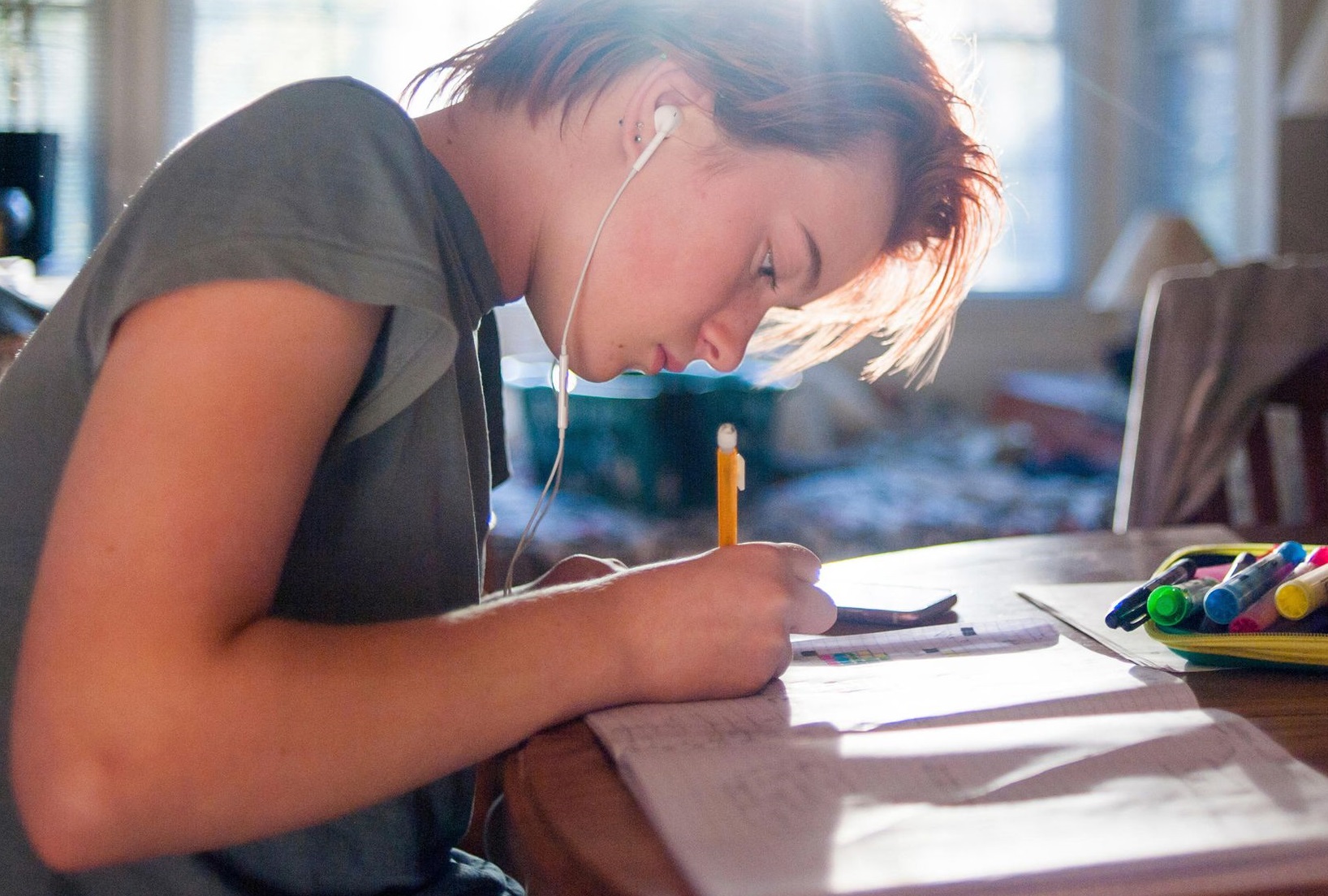A View From...
In 2020 the Florida Geographic Alliance partnered with celebrated Tallahassee historian and author Ann Roberts to create the series, "A View From...". This project follows local families who have donated their stories to broaden our knowledge of history.
Anyone can participate in A View From - all you have to do is pick a place! A View From the Classroom, the Treetops, or even A View From the Laptop Screen; what are the places in your local area where people gather, and what stories do they have to share?
This first installment, A View From the Barber's Chair, follows the story of the traditionally African American historical district Frenchtown. Check out A View From the Barber's Chair in the Story Map below:
